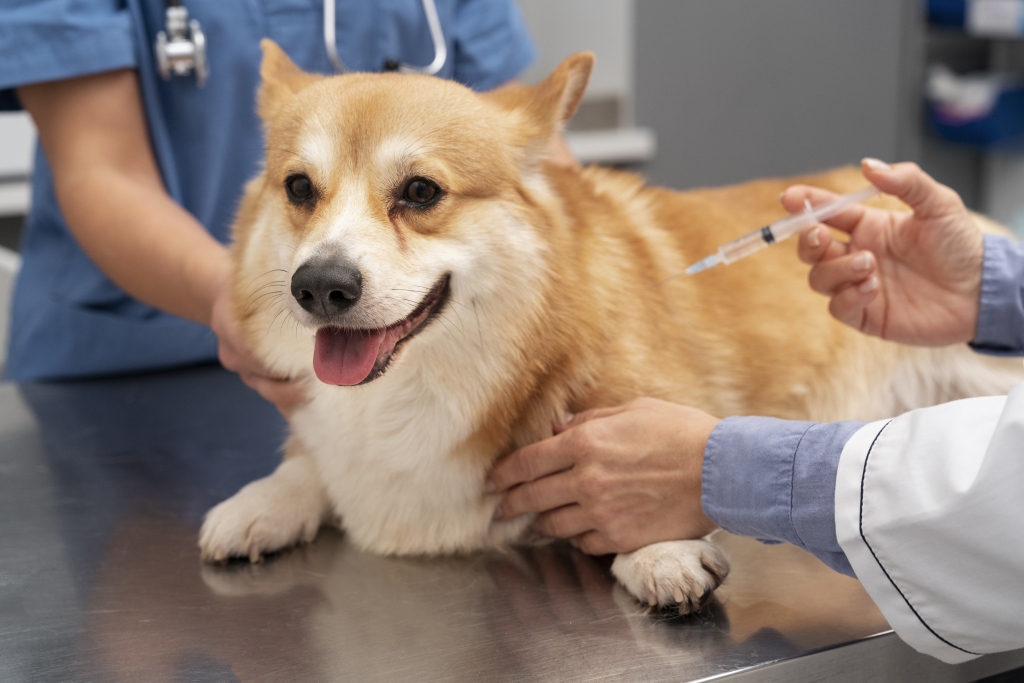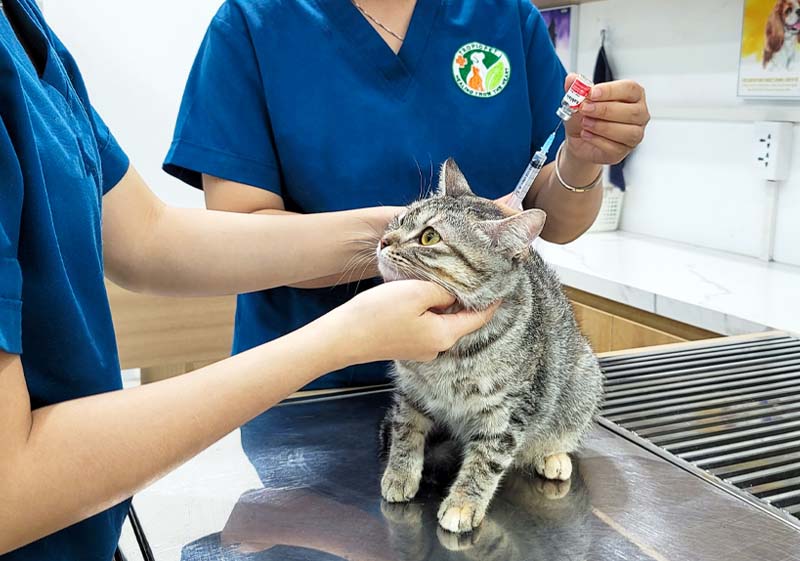Frequently Asked Questions About Your Pet’s First Vaccination
Vaccinations are an essential part of keeping pets healthy and safe. If you are a new pet owner,you may feel overwhelmed by the different types of vaccines and schedules recommended by veterinarians. To help you prepare, this article answers some of the most common questions about your pet’s first vaccination and explains why timely immunization is critical for dogs and cats.
Why Are Vaccinations Important for Pets?
Just like humans, pets are vulnerable to a variety of contagious diseases. Some of these illnesses can be life-threatening, while others can spread to humans. Vaccinations train your pet’s immune system to recognize and fight harmful pathogens before they cause illness.
Key benefits of pet vaccination include:
-
Preventing serious diseases: Vaccines protect against conditions like parvovirus, distemper, rabies, and feline panleukopenia.
-
Supporting public health: Vaccinating against rabies reduces the risk of transmission to humans.
-
Cost-effective care: Prevention through vaccines is far less expensive than treating a sick pet.

When Should Pets Get Their First Vaccination?
Most veterinarians recommend starting vaccinations when puppies and kittens are between six and eight weeks old. At this stage, maternal antibodies begin to decline, making the pet more susceptible to disease.
Typical first vaccination timelines include:
-
Puppies: Initial shots around 6–8 weeks, followed by booster shots every 3–4 weeks until around 16 weeks of age.
-
Kittens: Initial shots around 6–8 weeks, followed by boosters until about 12–16 weeks of age.
Your veterinarian will design a vaccination schedule tailored to your pet’s age, breed, and overall health.
What Vaccines Are Required for Puppies?
There are two main categories of vaccines: core vaccines (essential for all pets) and non-core vaccines (recommended based on lifestyle and risk).
Core vaccines for puppies include:
-
DHPP or DA2PP: A combination vaccine protecting against distemper, adenovirus (hepatitis), parvovirus, and parainfluenza.
-
Rabies: Required by law in many countries; protects pets and humans.
Non-core vaccines may include:
-
Bordetella: Protects against kennel cough, often required for boarding or grooming facilities.
-
Leptospirosis: Recommended for dogs exposed to water or wildlife.
-
Lyme disease vaccine: Suggested in regions where ticks are common.
What Vaccines Are Required for Kittens?
Core vaccines for kittens typically include:
-
FVRCP: Protects against feline viral rhinotracheitis, calicivirus, and panleukopenia.
-
Rabies: Often mandatory and critical for safety.
Non-core vaccines may include:
-
FeLV (Feline Leukemia Virus): Recommended for kittens and cats that spend time outdoors or interact with other cats.
Your veterinarian will determine which vaccines are necessary based on your cat’s environment and risk factors.
How Many Shots Does a Pet Need?
There is no single answer for all pets. Puppies and kittens generally need:
-
3 core vaccine doses spaced 3–4 weeks apart in their first months of life.
-
1 rabies vaccine after reaching the appropriate age.
-
Annual booster shots or according to your veterinarian’s guidance.
Adult pets that missed their early vaccinations may follow a different schedule. Always consult with your veterinarian for the most accurate plan.
Are Vaccinations Safe for Pets?
Vaccinations are generally very safe when administered by a licensed veterinarian. Mild side effects may include:
-
Slight swelling or soreness at the injection site.
-
Temporary fatigue or decreased appetite.
-
Mild fever within 24–48 hours.
Severe allergic reactions are rare but require immediate veterinary attention. These symptoms may include vomiting, diarrhea, facial swelling, or difficulty breathing. Choosing a reputable veterinary clinic ensures proper monitoring and handling of any reactions.
What Should I Do Before and After My Pet’s First Vaccination?
To make the vaccination process smooth and safe, consider the following tips:
-
Before vaccination: Ensure your pet is healthy, well-fed, and dewormed. Inform your veterinarian of any prior health issues.
-
After vaccination: Monitor your pet for any unusual symptoms for 24–48 hours. Avoid strenuous activity or bathing for a few days to prevent stress on the immune system.
Do Pets Need Booster Shots?
Yes. Immunity from vaccines can wane over time. Booster shots help maintain protection throughout your pet’s life.
-
Puppies and kittens need boosters during their first year.
-
Adult pets typically require booster shots annually or every three years, depending on the vaccine type and regional regulations.
Regular check-ups with your veterinarian will ensure your pet stays up to date.
How Do Lifestyle and Environment Affect Vaccination Needs?
Not all pets require the same vaccines. For example:
-
Indoor-only cats may only need core vaccines.
-
Dogs that board, travel, or attend dog parks may need extra protection against kennel cough or leptospirosis.
-
Pets traveling abroad may need additional vaccines required by destination countries.
Your veterinarian will evaluate your pet’s lifestyle to recommend the most suitable vaccines.
Conclusion: Protecting Your Pet Starts with Timely Vaccination
Your pet’s first vaccination is a critical step toward a long and healthy life. While the exact schedule and number of shots may vary, the key is to start early, follow your veterinarian’s recommendations, and keep up with booster shots. Vaccination not only protects your pet from deadly diseases but also contributes to the safety of your family and community.
If you have more questions about your pet’s first vaccination, consult ASIAPATA or your trusted veterinarian for personalized advice.
SEO Recommendations for ASIAPATA:
-
Target keywords: pet vaccination schedule, first vaccination for pets, puppy and kitten vaccines, pet vaccination FAQ.
-
Meta title suggestion: Frequently Asked Questions About Your Pet’s First Vaccination | ASIAPATA
-
Meta description suggestion: Learn about your pet’s first vaccination schedule, essential vaccines for puppies and kittens, and answers to the most common pet vaccination questions.
Read more:














